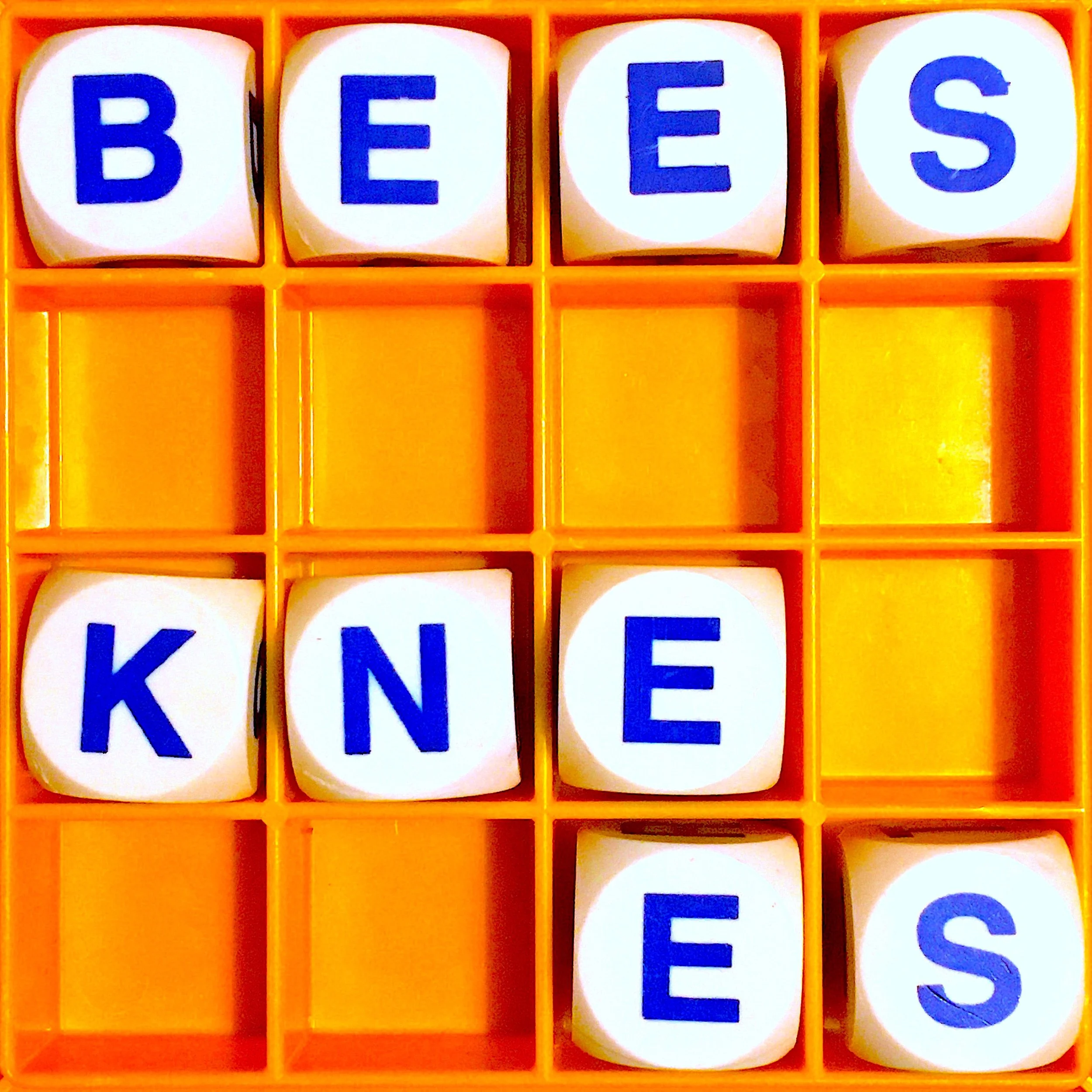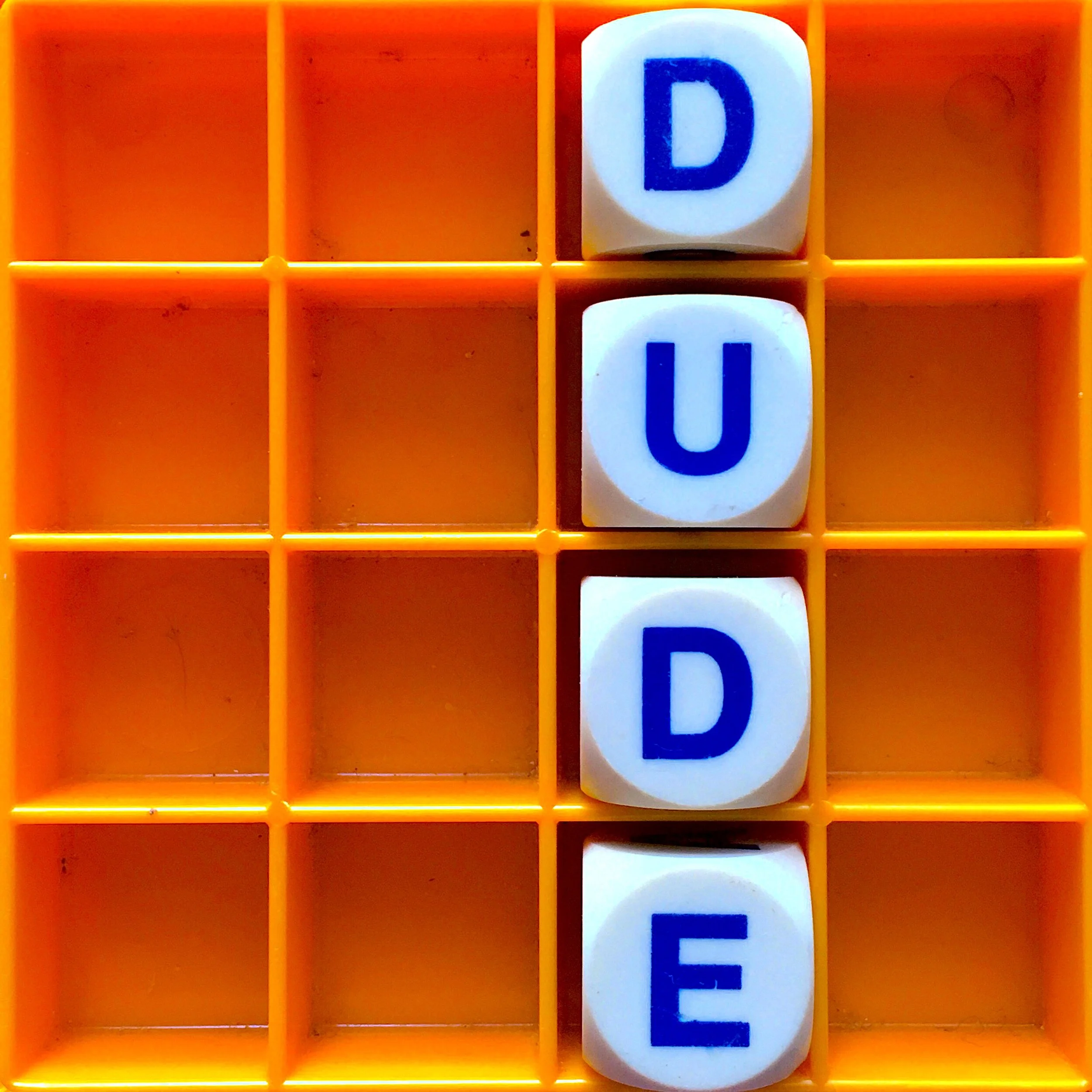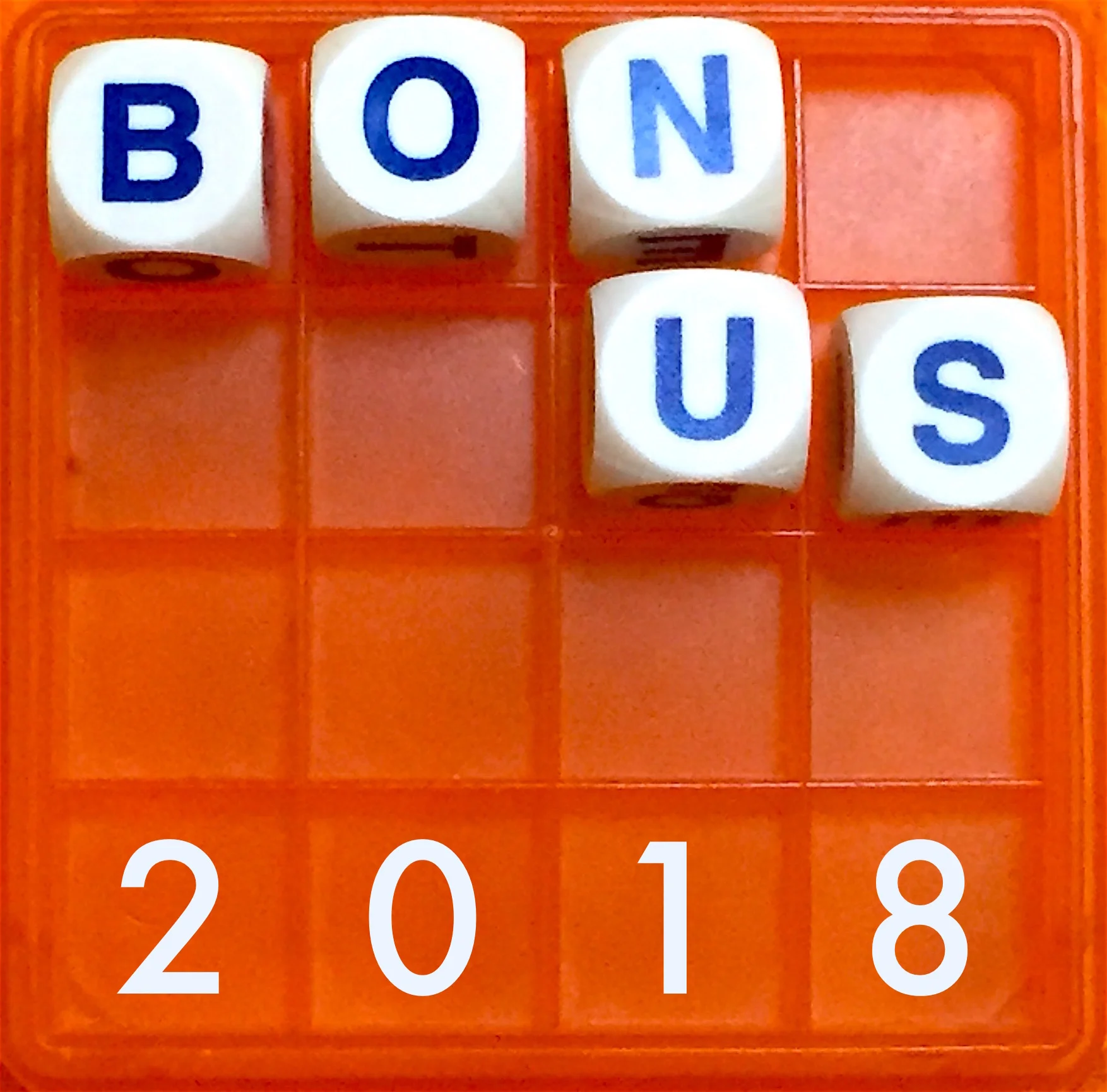Things have changed for a word that despite being around in written text for 900+ years, didn’t even get listed in the Oxford English Dictionary until 1972.
NICOLE HOLLIDAY: I never say this word.
HZ: No, I feel bad to force you.
NICOLE HOLLIDAY: No, it's funny. Well, I'll say it on podcast, this is professional environment; but in my normal daily life, I can't imagine that I would personally say it. And this might just be like, I'm kind of a prude and I was raised kind of religious, but it does sort of seem like beyond the pale for me personally. I wonder if were 20 if I wouldn’t feel that way, but I spent so much of my life like judiciously avoiding very strong taboos. And this one, just my gut reaction is that it overwhelms. So when you asked me to do this, I was like, “Oh, no! I have to say that word!”
HZ: I'm sorry. We could probably skirt around it and then people can spend the whole episode trying to guess which word we're talking about.
Read more











